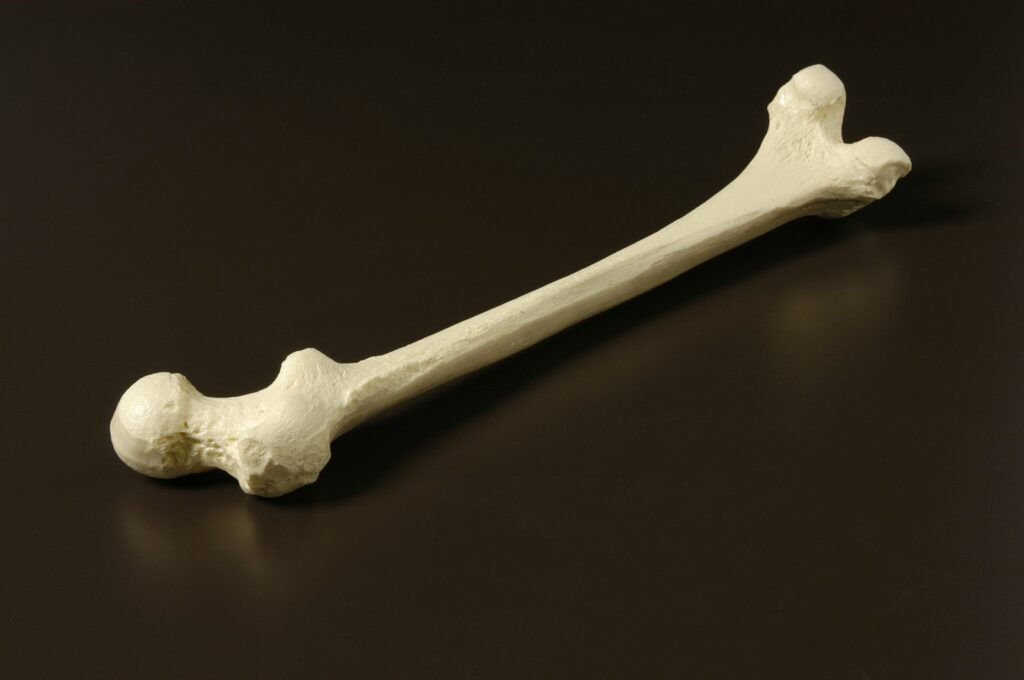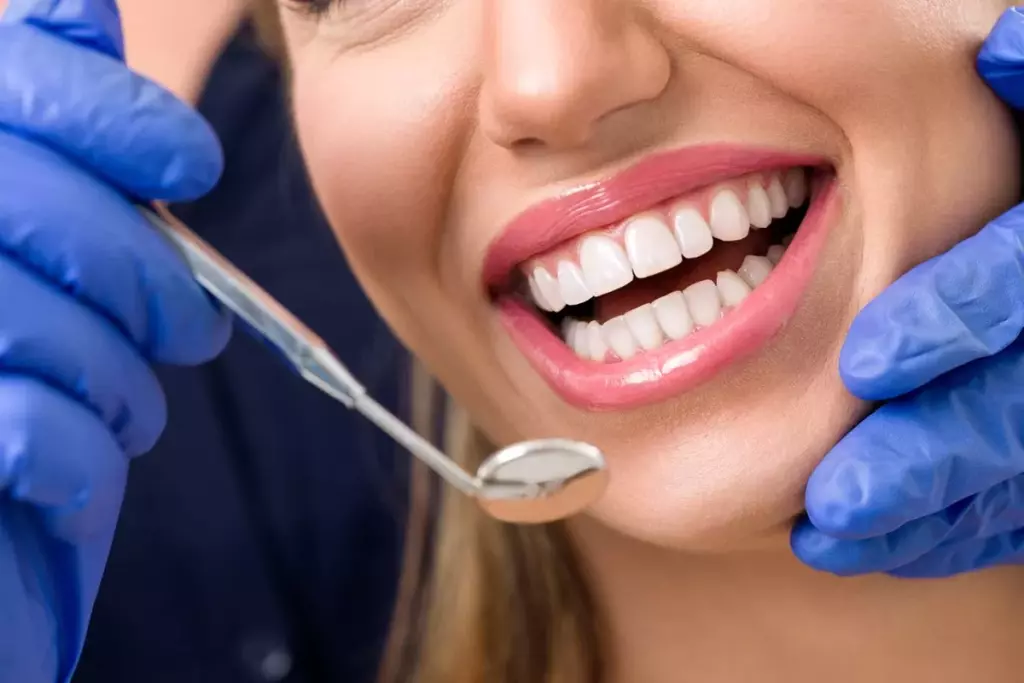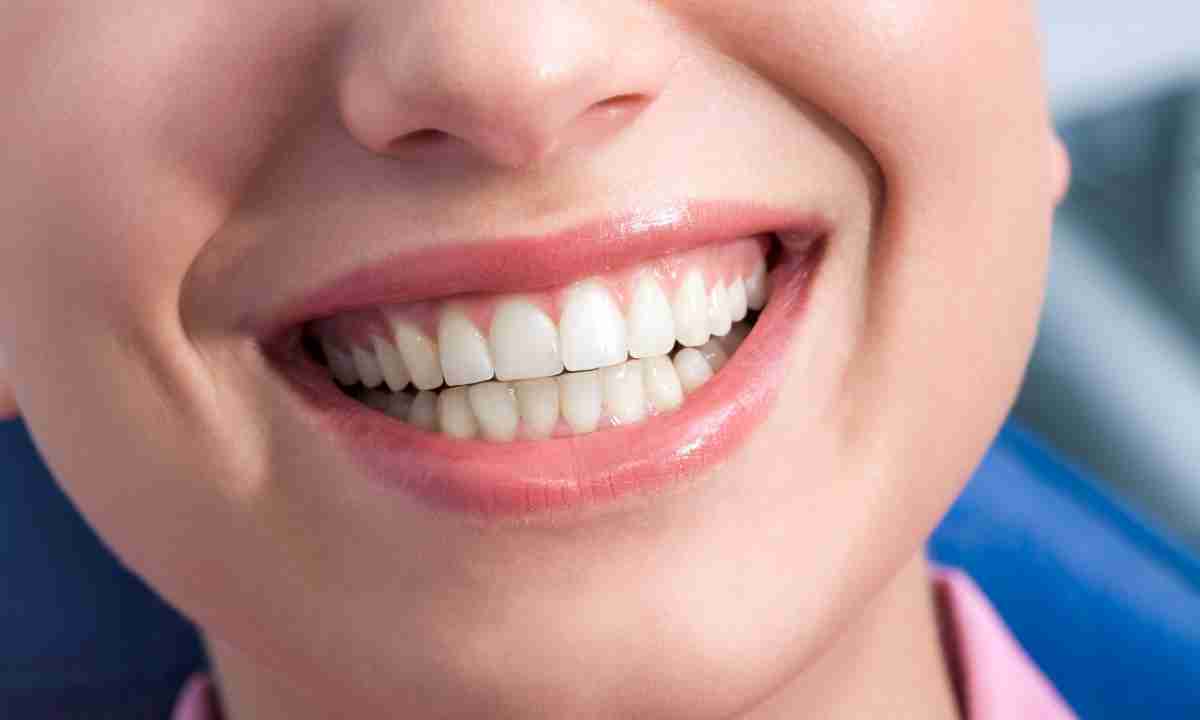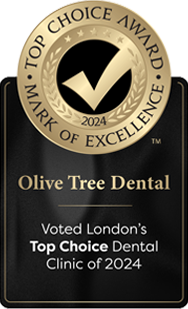On the other hand, our teeth are like precious gems – strong and enduring but lacking the ability to regenerate themselves. Therefore, it’s up to us to take good care of them with proper dental hygiene and regular check-ups. After all, our teeth play an important role in our daily lives, from helping us eat to giving us a confident smile.

What Are Our Bones Made Up Of?
- Bone Matrix: The matrix primarily consists of resilient collagen fibers, making up about 90-95% of its composition. This extracellular matrix serves as the organic element of bone.
- Bound Minerals: Representing the inorganic facet of bone, bound minerals typically include hydroxyapatite, a dominant bone mineral rich in calcium.

What Are Our Teeth Made Up Of?
Our teeth are composed of four distinct types of tissue, each serving a specific function:
- Dentin: Positioned around the pulp, dentin provides support and protection. It contains connective tissues, blood vessels, and nerves.
- Enamel: This outer layer, the hardest substance in the body, lacks nerves. While enamel can undergo some remineralization, it cannot self-regenerate or repair significantly damaged areas. Hence, timely treatment of tooth decay and cavities is crucial.
- Cementum: Covering the tooth's root beneath the gum line, cementum is vital in anchoring the tooth securely.
- Pulp: It is situated at the tooth's core and houses blood vessels, nerves, and connective tissue that contributes to the tooth's overall vitality.
Difference Between Teeth and Bones:
- Regenerative Ability: Bones possess regenerative powers and can naturally heal when fractured, whereas teeth lack this capability.
- Dental Intervention: Unlike bones, cracked or damaged teeth require dental intervention for proper healing and treatment.
- Preventive Measures: Regular brushing, flossing, using mouthwash, and scheduling dental check-ups are crucial for preventing potential damage to teeth.
- Non-Self-Repair: Teeth cannot naturally self-repair, underscoring the need for proactive oral care to avoid complications associated with untreated dental issues.
Similarities Between Teeth and Bones:
While bones and teeth are different in their structure and function, they do hold some similarities that you must be aware of:
- Calcium Content: Both teeth and bones contain a significant amount of calcium, contributing to their strength and hardness.
- Strength and Hardness: They share a common trait of being very strong and hard, serving essential functions in the body.
- Living Tissues: Despite their rigid appearance, teeth and bones are living tissues. Bones undergo constant remodeling, while teeth are embedded in living structures.
- Collagen Presence: Collagen, a fibrous protein, is present in both teeth and bones, providing flexibility and resilience in addition to the strength derived from minerals like calcium.
- Organ Status: Both are considered organs; teeth are part of the oral system, and bones make up the skeletal system. They play vital roles in maintaining overall health and functionality in the human body.
End Note:
Frequently Asked Questions
Teeth are composed of enamel, the hardest substance in the human body. While bones are not as hard as enamel, they are still relatively tough and closely ranked on the hardness scale. In comparison, other body parts, such as muscles, ligaments, and tendons, are strong but do not match the mineral-based strength found in teeth and bones.
Bones have the ability to undergo a complex biological process called remodeling. This process allows bones to constantly adapt to changing demands placed on them and maintain their strength over time.
During remodeling, old bone tissue is absorbed and replaced with new bone tissue. This results in a dynamic and ever-changing skeletal system that can support the body’s movements and activities. This remarkable ability of bones to remodel themselves is a testament to the incredible biological complexity and adaptability of the human body.
No. Unlike bones, teeth cannot regenerate once they are damaged. Therefore, any injury or damage to the tooth requires specialized dental intervention for proper treatment and healing. This may involve procedures such as fillings, root canals, or even extractions, depending on the severity of the damage.
Calcium is an indispensable mineral that plays a crucial role in fortifying and solidifying both teeth and bones. It contributes to their durability and firmness by creating and reinforcing a mineralized framework that supports and sustains the organic components.













